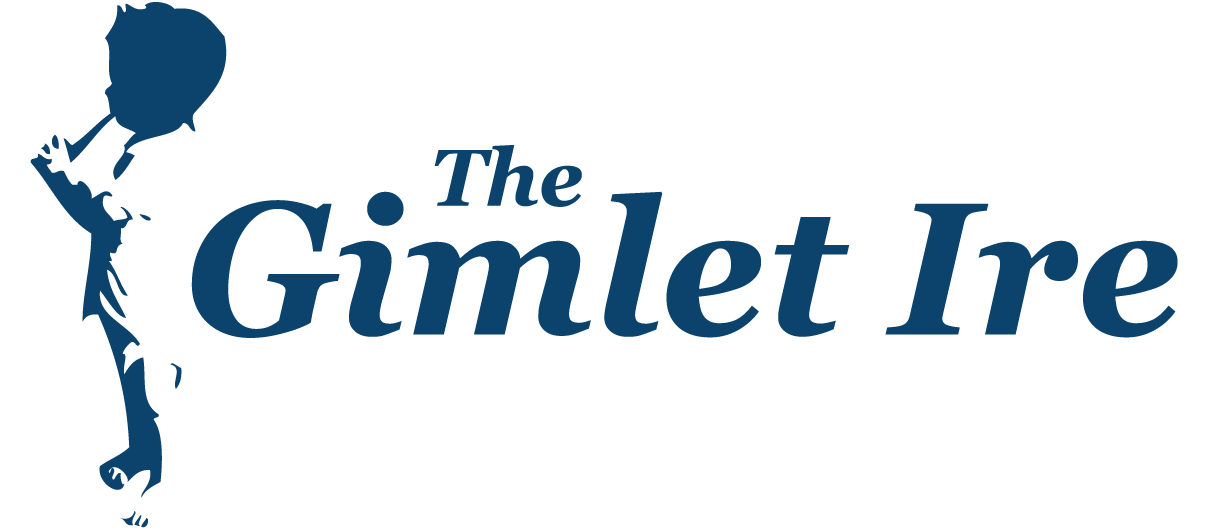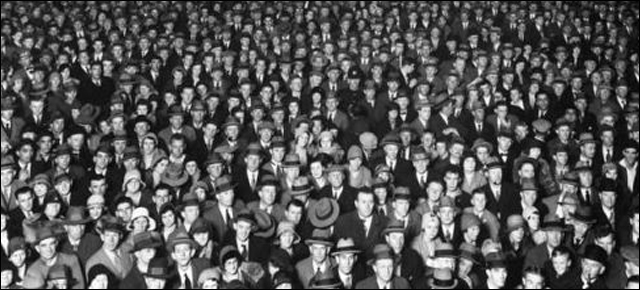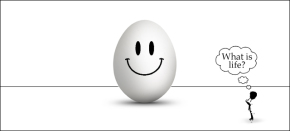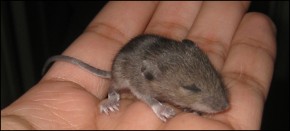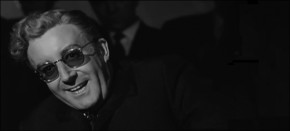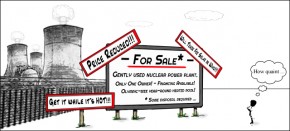Again I peruse the nifty little book my oldest son gifted me, 18,000 Words Often Mispronounced, and again I’m reminded that most errors of this sort would take care of themselves if people practiced something I learned in flight school: Attention to detail.
In other words, if people would actually pay better attention when they read something, or are listening to someone speak, they would, (generally), solve the problem of mispronouncing words.
Unless of course they’re listening to Popeye, George W. Bush, Norm Crosby or folks of that sort.
Anyway, I looked up a common mispronunciation in today’s English-speaking world:
Supposedly.
Half the time I hear it pronounced “supposebly”. And guess what I found? Bupkis. Nada. Zip. Out of 18,000 mispronounced words, supposedly isn’t listed.
Apparently nobody had a problem pronouncing the word correctly at the turn of the previous century. But then again, back then everybody . . . including their friends and often their horses . . . wore hats.
What hats have to do with anything is — supposedly — anybody’s guess.
By the way, I’ve chosen to purposefully ignore the damnable minefield awaiting anyone who tries to Jethro Bodine his or her way through “Pronunciation” and “Pronounce”. (Why no “O” in the former?) And how about “Enunciation” and “Enounce”? Okay, let’s add “Annunciation”, which is most often used in a religious context (goddamn Latinate bastards), but is also used as in “Annunciation/Announce”.
Go figure.
For what it’s worth, I’ve also chosen, (and you’ll especially like this one), to begin punctuating certain things in the English manner. (By which I mean like the Brits. No doubt the Australians as well, damn their eyes.) As in, how proper English is punctuated by those non-American chaps, but not necessarily like how things are punctuated in an English manor. THAT particular kind of punctuation would be more along the line of: “The Earl of Panjandrummy punctuated his less than thoughtful comment with a loud slap of his riding crop against his crisply creased, khaki jodhpurs!”)
Regardless, what I mean to say is, you get a period — which the British call a “full stop” — AFTER (or outside) the ending quotation mark, as I demonstrated with “Annunciation/Announce”. American grammar would have one place the period — don’t even think of calling it a full stop — BEFORE (or inside) the closing quotation mark, as in “Annunciation/Announce.” (And I think that just looks stupid, thank you very much.)
There.
I’m glad we had this little chat.
And so are you.
Supposedly.
